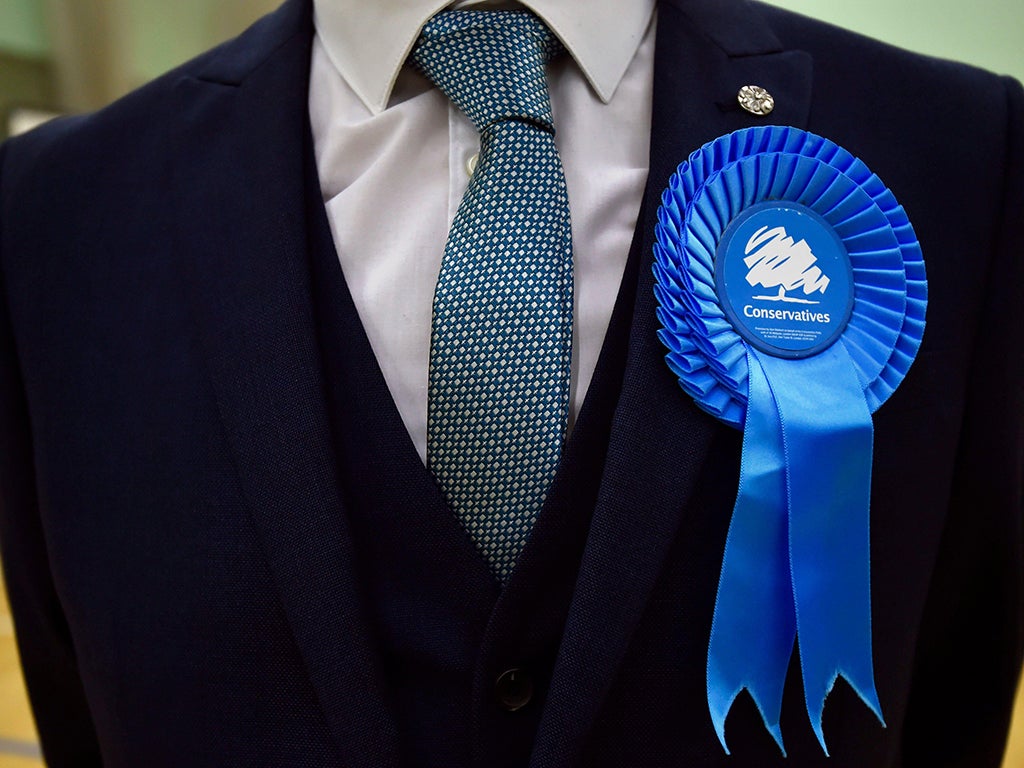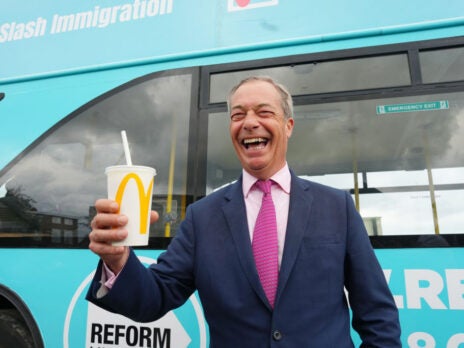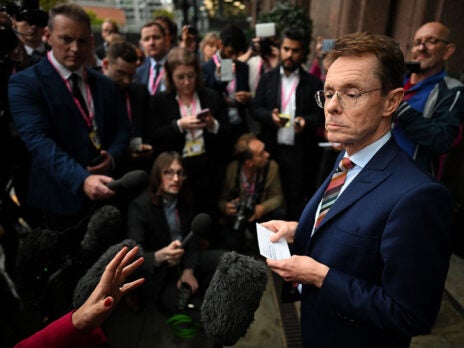
As the Daily Mail put it, as Keir Starmer put it, and as the New Statesman‘s own George Eaton put it: Liz Truss is still in office, but in no way is she still in power. Her incapacity – exposed by the janitor-in-chief Jeremy Hunt swooping in to clean up the mess left by Truss and the previous chancellor on Monday (17 October) – to direct policy and implement pledges made to the Conservative Party membership renders her a prime minister without worth. A majority of party members want her gone. In a re-run of the membership vote, Rishi Sunak would emerge victorious. In previous eras, when politics was a less shameless affair than it is now (although, did those eras ever really exist?), she would be out already.
To put it mildly, the lay of the poll-based land doesn’t bode well for the governing Conservatives. But governments do tend to poll badly midway through a parliament, only to (usually) recover in the election campaign. We saw this in 2010-15 with the Conservatives under David Cameron. Similarly, Margaret Thatcher went through multiple spates of poor polling to win big on three separate occasions. It is reasonable to ask, then, whether the same process is happening again? Isn’t it possible for the Conservatives to recover? Could a new leader steady the ship and return this supposed party of government back to a position of contention?
I have written previously about the need to look beyond national opinion polls. They’re obviously helpful: they allow us to see voter shifts and voter apathy. But they can be rather dramatic. The Tory base is currently suffering not just shifts in support, but an intense feeling of apathy. A third of Conservative voters are sticking with the party. A third have gone to Labour and the smaller parties. And a third are unsure, have decided to never vote again, or are refusing to comment altogether. There is a limit to how much we can conclude from this.
I think it’d be better to look beyond the headline polls, to the fundamental drivers of what nudges a person’s inclinations. Who do you trust with the nation’s finances? And who do you actually like? On the economy – the issue on which the Conservatives have led in the election years they ended up winning – Labour now leads. On likeability – something Labour leaders usually struggle to compete with the Tories on – Labour again now leads.
These findings are not traditionally a symptom of standard, mid-parliament blues. That makes me sceptical about the potential for a comeback.
But say the Tories ditched Truss for a fresh face, or a steady-as-she-goes safe pair of hands. What then?
When faced with a figure who does not have an established brand, people tend to project whatever they want to see on to this blank slate. This is what happened with Theresa May and John Major. This is unlikely to work with Jeremy Hunt, whose reputation, defined by his stint as health secretary, is already poor (he polls at a level almost as low as Michael Gove). But it could potentially work with someone less well-known to the public – Ben Wallace, perhaps, who some Tory MPs are hyping up. Someone relatively uncovered by the press might be able to portray themselves as a professional, relatively likeable politician: a British Mario Draghi who can guarantee stability and security. There is also talk of Rishi Sunak making a comeback, or even (whisper it) May – who does have a reputation, but for dull competence.
Nonetheless, whoever rises up would be commanding a party that voters have spent the past year adjusting themselves to disliking. Voter sympathy with the Tory brand is low. Unlike 2019 or 2015, there is no right-wing vote to hoover up. A staggering 77 per cent of Britons told YouGov they feel embarrassed by the present political and economic situation – a situation laid disproportionately at the door of Conservative governance. These associations won’t die wholesale with a new leader.
Longevity hurts, too. At the time of writing, Labour has led on the economy for just over three months. Starmer has led his Tory counterparts on likeability for ten months. The Conservative brand is poorly associated, and has been for quite some time. That doesn’t just change suddenly.
The immediate aftermath of Black Wednesday in 1992 saw perceptions of Conservative competence on the economy crash. For the five years up to the 1997 election, unemployment fell, inflation fell, and overall economic growth turned steady. All metrics of positive economic development under a Tory government – but this in no way benefited the party brand. Perceptions of Conservative economic competence did not recover until 2008.
Historical events can define a party – and perceptions of that party – for years to come. It may be that we have now reached a stage where no party leader can help the Conservatives recover to an election-winning level this side of the 2020s. Their only pathway back to power – to contention, even – might be through losing it first.
[See also: Does Scotland want independence? The latest polls]


